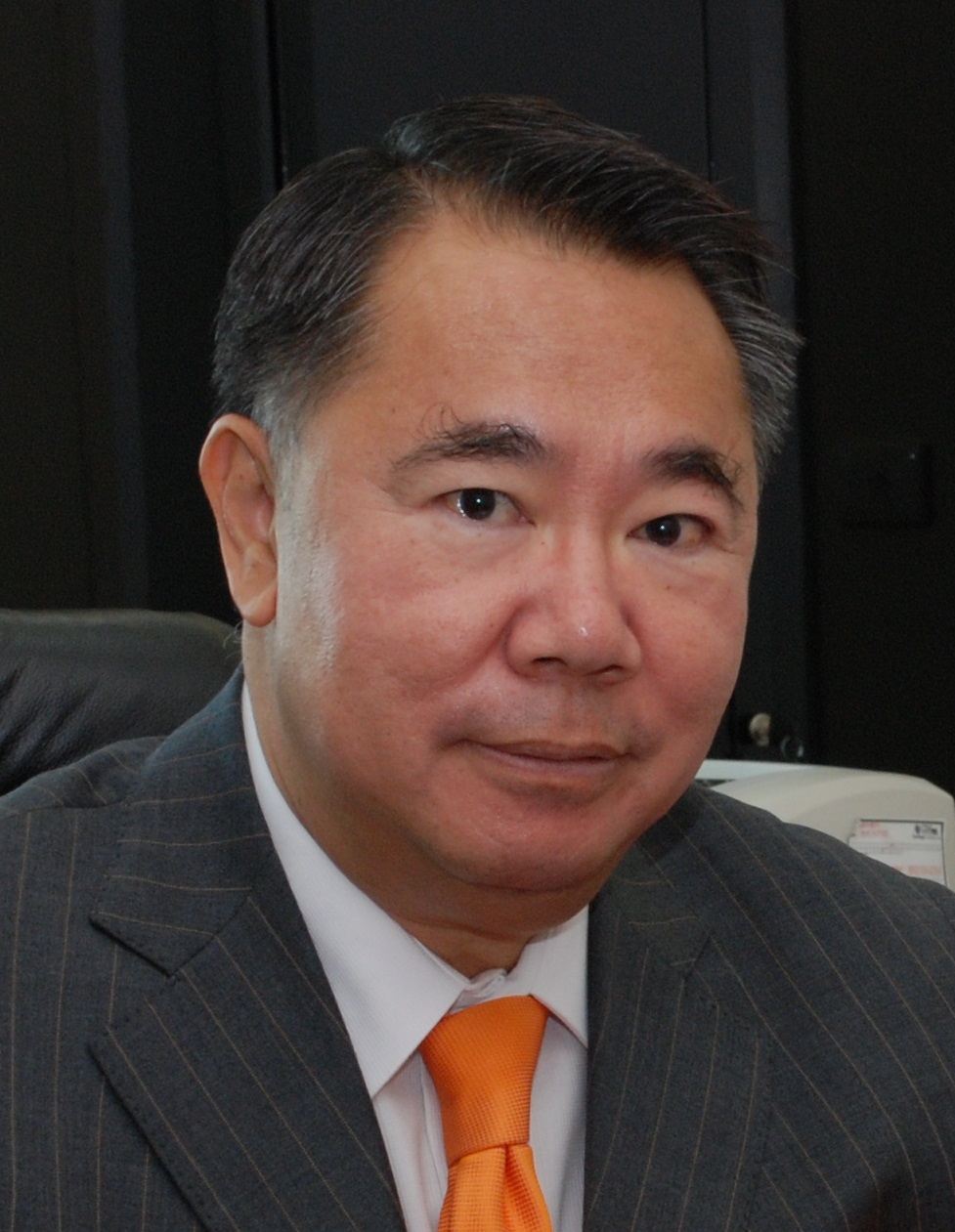
Hong Kong, 26 May 2016 – The CASBAA Satellite Industry Forum 2016, (May 30th at the Pan Pacific, Singapore) has taken on a new importance as the Asia Pacific satellite industry enters perhaps its most challenging technological and commercial phase in more than two decades.
Long-promised technologies such as High Throughput Satellites, Electric Propulsion, In-flight Connectivity, Low Earth Orbit (LEO) constellations, new compression technologies, the evolution of Micro Satellites and the implications of Reusable Launch Vehicles all challenge the satellite sector’s long-established business models.
The CASBAA Forum’s packed schedule of keynotes, interviews, panels and short presentations has been designed to reflect the critical issues raised by the new environment. Satellite operators, their suppliers, their clients and even the investors from across the Asia Pacific and around the world all face the same challenges as the new technologies and changing business patterns force down transponder pricing.
For those attending the conference there will be a wealth of new information and a range of occasionally controversial opinions supported by hard facts and authoritative forecasts.
“In 2015, 96 companies were represented at the CASBAA Forum, with half of our 210 delegates coming from Asia with much of the balance coming from the US and Europe. This year the delegate profile is changing yet again, and becoming even more global,” said Christopher Slaughter, CEO, CASBAA.
“In the meantime, as traditional satellite customers have come to expect lower capacity pricing for broadcast services, the customer base for mobile satellite backhaul satellite, reinvigorated maritime and aeronautical VSAT customers are creating a new energy as they enter the market,” added Slaughter.
Among the global industry’s most senior executives speaking at the CASBAA Satellite Forum 2016 delegates will get to meet:
- Mitsutoshi Akao, Executive Officer, Deputy Group President Space & Satellite Business Group, SKY Perfect JSAT
- David Ball, Industry Consultant
- Christopher Baugh, President , Northern Sky Research (NSR)
- Pierre-Jean Beylier, CEO, SpeedCast
- Jacques Breton, Senior VP, Sales and Business Development, Arianespace
- Paul Brown Kenyon, CEO, MEASAT
- Susan Bull, Partner, COMSYS
- Steve Collar, CEO, O3b Networks
- Thomas Choi, Co-Founder & CEO, ABS
- Richard Currier, Senior VP, Business Development, SSL
- Gonzalo de Dios, Associate General Counsel, Intelsat
- Peter de Selding, Paris Bureau Chief, Space News
- Jean-François Fenech, CEO, Eutelsat Asia
- Todd Hill, Senior Director, GCS Satellite Services, Panasonic
- David Hochner, Deputy CEO, RR Media
- Huang Baozhong, EVP, APT Satellite
- Jonathan Hofeller, VP of Commercial Sales, SpaceX
- Ferdinand Kayser, CCO, SES
- Sandeep Kumar, Head of Satellite Sales-International, Telstra
- Joshua Marks, SVP, Operations Solutions, Global Eagle Entertainment (GEE)
- Vaibhav Magow, Regional Director, Asia-Pacific, Hughes Network Systems, LLC
- Deepak Mathur, Senior VP, Commercial, Asia-Pacific and Middle East, SES
- Theodore A. “Ted” McFarland, Director of Business Development, Commercial Satellite Business Unit , Orbital ATK
- Henry Mulya, Sales Director, Asia Pacific, SES
- Ryo Nakamura, Director, Deputy GM, Business Development Department, Space Systems Division, Mitsubishi Heavy Industries
- Dara Panahy, Partner, Milbank
- Johanes Indri Prijatmodjo, General Manager Satellite System ,
Pasifik Satelit Nusantara - Andrew Jordan, Executive VP, Strategic Projects, Eutelsat
- Kurt Riegelman, SVP, Intelsat
- Mark Rigolle, CEO, LeoSat Enterprises
- Suleman Tampubolon, GM, Telkom Satellite
- Serge Van Herck, CEO & Chairman, Newtec
- William Wade, President & CEO, AsiaSat
- Joanne Wheeler, Partner, Bird & Bird
- Paul Sheridan, Vice President, Optus Satellite
The CASBAA Satellite Industry Forum 2016 also recognizes the generous support of the sponsors for this year’s event:
ABS, APSTAR, AsiaSat, Boeing Satellite Systems, Eutelsat, Hughes Network Systems, Ideal Group, Intelsat, Marsh, MEASAT, Mitsubishi Heavy Industries (MHI), Newtec, SES, SKY Perfect JSAT Corporation, SpaceX, SSL.
For more information about the event, please visit
http://www.casbaa.com/event/sif
# # #
About CASBAA:
CASBAA is the Asia Pacific region’s largest non-profit media association, serving the multi-channel audio-visual content creation and distribution industry. Established in 1991, CASBAA has grown with the industry to include digital multichannel television, content, platforms, advertising, and video delivery. Encompassing some 500 million connections within a footprint across the region, CASBAA works to be the authoritative voice for multichannel TV; promoting even-handed and market-friendly regulation, IP protection and revenue growth for subscription and advertising, while promoting global best practices. For more information, visit www.casbaa.com
For enquiries, please contact:
Cynthia Wong
Director of Member Relations & Marketing
Email: cynthia@casbaa.com

